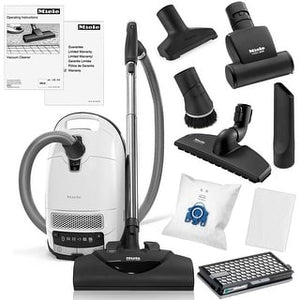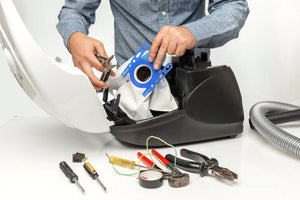Clean Air – The Perfect Recipe For Good Health

Breathing is a process that we do automatically and have no control. Try as you might, as you cannot stop breathing. If you cannot stop breathing you surely cannot stop all the harmful chemicals that in the atmosphere going into your lungs and subsequently to the rest of your body.
The more you breathe the more pollutants you take in. Unfortunately, we cannot do away with breathing so we continue taking in these pollutants.
SMOGGY BRAINS
Research has shown there are startling connections between air pollution and decreased cognition and overall well being of mankind. If you look at the sky in the early mornings or late evenings you will see that there is a haze of smog that will not give you a clear view of the blue skies and white clouds. Did you know that this same haze of smog is inside your brain too?
Tests reveal that high levels of air pollution can damage the cardiovascular and respiratory health, thereby increasing the risk of early death from diseases of the heart and lungs. However until recently no one ever knew that air pollution is bad for your brain too. Research carried out has proved that high levels of air pollution can damage children’s cognitive abilities and increase adults’ risk of cognitive decline and may also be a contributing factor to depression.

How Air Pollution Damages Our Brains
The Relationship between air pollutants and stroke
The harmful air pollutants in our brains lead to inflammation and clogging of arteries that feed the brain, hence leading to a stroke. Stroke is a major cause of incapacitation and death. Research has shown correlations of sulfur dioxide concentrations and ischemic stroke, carbon monoxide and stroke, and ozone peak concentrations and stroke.
Mercury and the damage to body and brain development
Mercury is a lethal neurotoxin that can damage both your brain and the developing nervous system. Humans are exposed to mercury without their knowledge, be it from natural sources like volcanoes or manmade sources like coal fired wood plants, industrial boilers and cement kilns. The mercury emitted from these sources remains in the atmosphere until the rain carries it back to the earth. When mercury enters water areas like lakes and streams, it is converted by bacteria to methyl mercury. This accumulates in the tissues of fish and other animals that live in these waters. Mankind is exposed to this chemical from the fish that he consumes.
When a pregnant woman eats food that is contaminated by methyl mercury , their developing babies also get exposed to this deadly chemical causing an adverse affect on the baby’s developing brain and nervous system. This will in turn have an impact on cognitive thinking, language, memory attention, and fine motor and visual spatial skills like speech impairment, walking, hearing and lack of co-ordination of movements, and muscle weakness.
Lead
A well known toxic substance, lead absorbed by young children via the digestive tract quickly circulates to the brain leading to long term mental and socio-emotional effects. It can also affect verbal fluency and memory. Lead exposure in children can also lead to decreased cognitive functioning, aggression and behavioral issues.
Air pollution also causes the following health problems:
- Low resistance to infection
- Coughs, wheezing, chest pain, headache and nausea
- Increased tiredness
- Asthma, bronchitis and emphysema

What Can We Do To Keep The Air Clean
Now that we know the definite hazards of air pollution, what are we going to do about it? Each and every one of us have a duty to ourselves, our families and to the globe as a whole to try and reduce air pollution and help give our families a better and healthier life.
These are a few of the things that we can do to reduce air pollution.
- OPT FOR GREEN TRANSPORTATION
Most vehicles run on petrol, diesel or gas which when combusted release nitrogen oxides and suspended particulates in the air, thus polluting it. To help reduce air pollution, try and follow the following:
- Use public transport as much as possible
- When looking to buy a car, go for a fuel economical one
- Form a car pool with friends and neighbours. This will help reduce air pollution that you cause en masse.
- Bike or walk if possible. Healthy for overall you too.
- Shop by phone or online
- SAVE ENERGY
Save energy and help reduce air pollution. There are several things that you can do on a daily basis to reduce air pollution.
- Switch off the lights when you leave a room.
- Instead of air conditioning use a fan
- Dry your clothes naturally on a clothes line
- Use energy saving bulbs
- REDUCE WASTAGE
The items that we buy are made using a lot of energy. Try reducing this be:
- Recycling paper, plastics and metal
- Buying recycled products
- Print and/or photocopy on both sides of the paper
- Recycle paper and carrier bags
Do your bit for cleaner air and a healthier society.
- Admin .







Comments 0